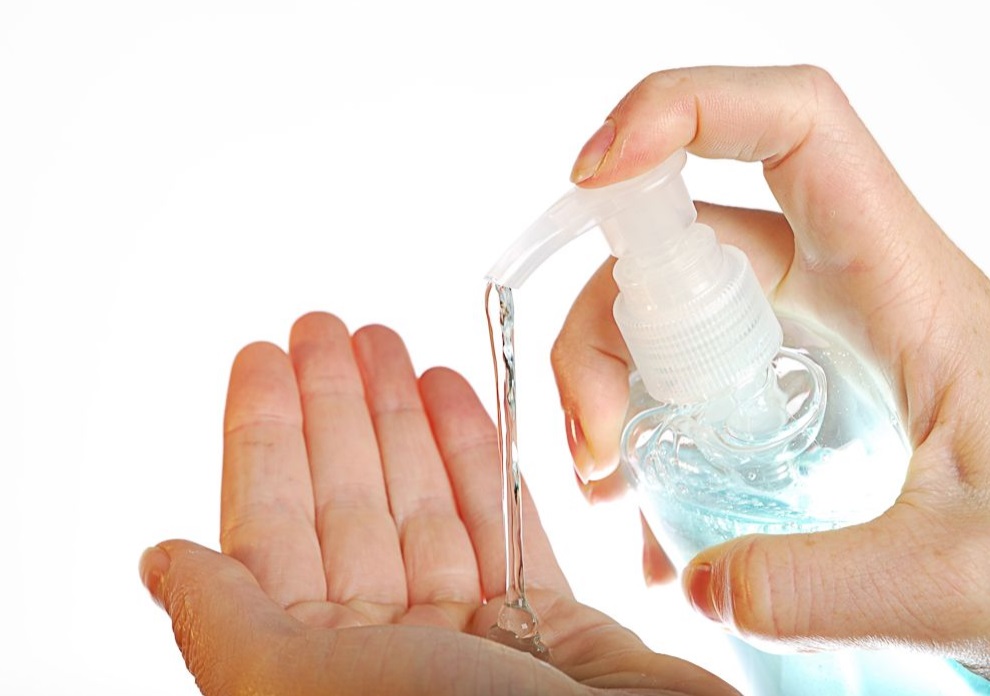SGS, the world’s leading testing, inspection and certification company, has published a Consumer Compact article exploring key standards for the quality and safety of antiviral products and the benefits of rigorous testing.
The article looks at the significant changes in the way we live our lives following COVID-19, which brought greater awareness of the dangers of infectious disease. As the world has emerged from the pandemic, there is still a great demand for products offering protection. Consumers want to know that these products are effective and safe.
Exploring the wide range of possible vectors for infection and the methods used to try to prevent it, the article also explains how consumer trust can be gained through stringent testing against recognized benchmarks. Methodologies described include testing against common standards such as EN 14476, ISO 18184: 2019 and ISO 21702:2019, as well as the additional brand recognition benefits that third party testing can bring.
Read the original Consumer Compact article, ‘Why Rigorous Testing Matters for Antiviral Products’.
SGS solutions
SGS works with manufacturers and suppliers of a wide range of consumer products, including disinfectants, antiseptics, textiles, leather goods, plastics and furniture materials, helping them to assess the virucidal qualities of their products. Delivered through a global network of state-of-the-art laboratories, their testing solutions cover the full range of standards, including EN 14476, ISO 18184 and ISO 21702. Whatever the consumer product, their services help to ensure goods are safe, high-performing and market-ready.
Learn more about SGS Health and Nutrition services.
Subscribe to receive SGS Consumer Compact direct to your inbox.
For more information, please contact:
Website: www.sgs.com/softlines
LinkedIn: SGS Health and Nutrition
About SGS
We are SGS – the world’s leading testing, inspection and certification company. We are recognized as the global benchmark for sustainability, quality and integrity. Our 99,600 employees operate a network of 2,600 offices and laboratories around the world.

